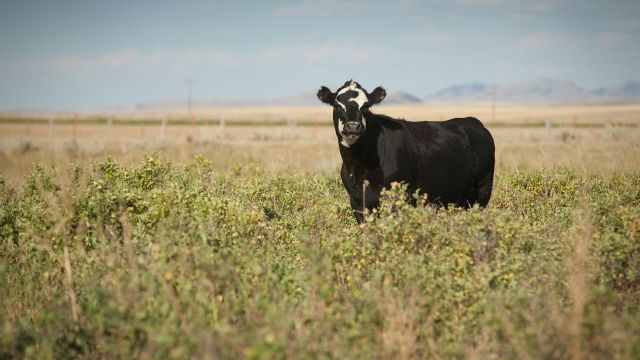- Joined
- Jan 3, 2016
- Reaction score
- 1,830
- Age
- 44
- Lifestyle
- Vegetarian
A balanced article on stem cell meat. Stem Cell Meat from Singapore: A Taste of the Future
The price of $50/kilo and the fact that they are serving it up to journalists possibly suggests that we might be nearing commercialisation
Note I am posting this for interest, not as a recommended food for vegans since it is probably/arguably not vegan although it seems like a grey area with minimal suffering compared to factory farms
Article on stem cell meat and vegan ethics: Can Vegans Eat Lab Grown Meat? | VegFAQs
Previous threads on this forum:
First hamburger made from lab-grown meat to be served at press conference (2013)
Would I still be considered vegan if I ate cultured meat? (2021)
Lab-Grown Meat (2021)
The new article I´ve just posted from last week doesn´t add much new info to the debate,but worth reading.
The price of $50/kilo and the fact that they are serving it up to journalists possibly suggests that we might be nearing commercialisation
Note I am posting this for interest, not as a recommended food for vegans since it is probably/arguably not vegan although it seems like a grey area with minimal suffering compared to factory farms
Article on stem cell meat and vegan ethics: Can Vegans Eat Lab Grown Meat? | VegFAQs
Previous threads on this forum:
First hamburger made from lab-grown meat to be served at press conference (2013)
Would I still be considered vegan if I ate cultured meat? (2021)
Lab-Grown Meat (2021)
The new article I´ve just posted from last week doesn´t add much new info to the debate,but worth reading.



